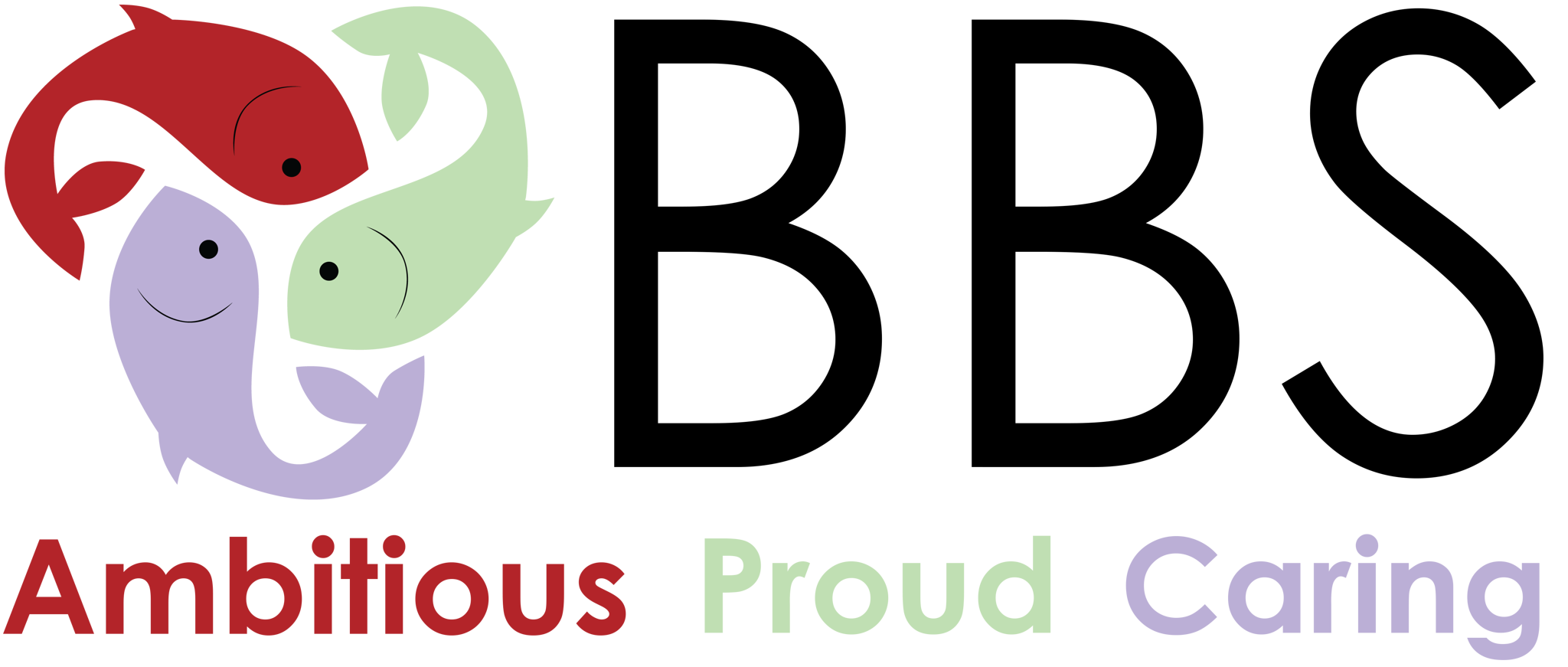|
Curriculum – Website |
|
|
Department |
Science |
|
KS3 Intent |
At Burton Borough School, our Key Stage 3 Science curriculum is designed to ignite curiosity, foster a love of learning, and lay the foundations for scientific understanding that will prepare students for success at GCSE and beyond. |
|
KS3 Implementation |
|
|
KS3 Impact |
By the end of KS3, students will:
|
|
KS3 Homework |
Fortnightly homework will be set by your child’s lead teacher. This may be varied in nature from online quizzes, paper-based homework tasks or may even be a creative project such as building a cell. |
|
KS3 Enrichment |
|
|
KS3 Careers |
We work closely with our careers lead and local partners to ensure students see clear pathways from classroom learning to employment and higher study.
Science provides strong foundations for further study and careers such as:
|
|
KS4 intent |
At Burton Borough our science curriculum aims to ignite curiosity, foster critical thinking, and develop a deep understanding of the natural world. We believe every student should leave with the knowledge, skills, and confidence to question, investigate, and make informed decisions about scientific issues that impact their lives and the wider world. Our intent is to:
|
|
KS4 implementation |
Science is taught as a spiral curriculum, where key concepts are revisited and deepened over time.
|
|
KS4 Impact |
Through the Science curriculum, students will:
Ultimately, our science curriculum seeks to empower students to question the world around them, think critically, and contribute thoughtfully to the challenges of the future.
|
|
KS4 Homework |
Fortnightly homework will be set by each of your child’s science teachers. This may take the form of online quizzes using platforms such as Seneca, paper-based tasks including past paper questions/papers. This will surmount to 1 hour per science, per fortnight.
|
|
KS4 Enrichment |
|
|
KS4 Careers |
We work closely with our careers lead and local partners to ensure students see clear pathways from classroom learning to employment and higher study.
Science provides strong foundations for further study and careers such as:
|
For more information regarding the Science Curriculum please contact the Head of Department via our contact form
